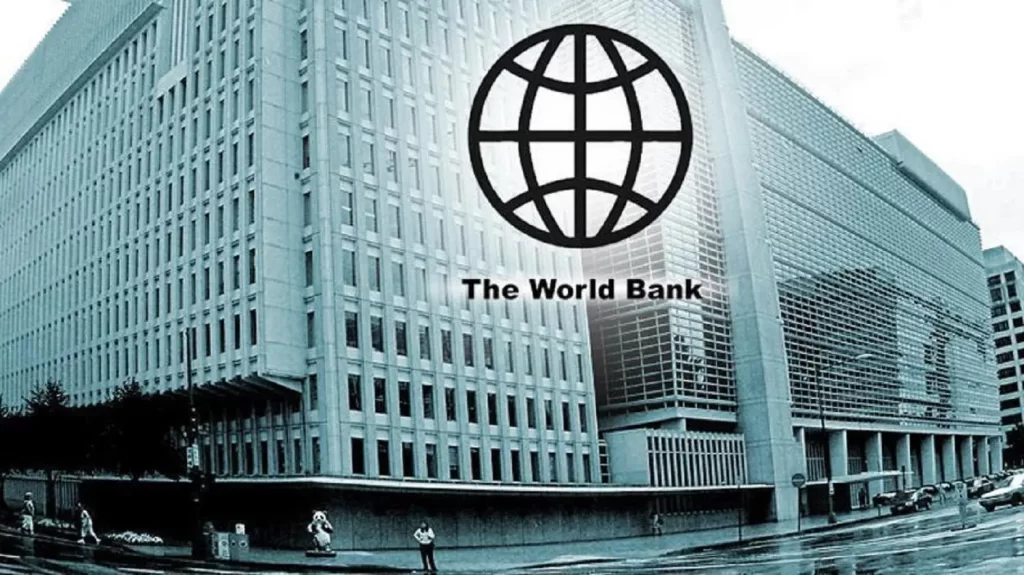The World Bank has raised alarm over the worsening poverty crisis in Nigeria, revealing that a staggering 75.5 per cent of rural dwellers now live below the poverty line.
This was disclosed in the Bank’s April 2025 Poverty and Equity Brief for Nigeria, which paints a bleak picture of rising economic hardship, growing inequality, and persistent underdevelopment across large parts of the country.
According to the report, while 41.3 per cent of Nigeria’s urban population lives in poverty, the situation is significantly worse in rural areas, where economic stagnation, inflation, and insecurity have combined to deepen hardship.
“Based on the most recent official household survey data from Nigeria’s National Bureau of Statistics, 30.9 per cent of Nigerians lived below the international extreme poverty line of $2.15 per person per day in 2018/19 before the COVID-19 pandemic,” the report stated.
The World Bank warned that the poverty situation has deteriorated drastically since then, with an estimated 54 per cent of Nigerians now living in poverty as of 2024.
This means an additional 42 million people have fallen into poverty over the past six years.
The Bank also noted that poverty remains unevenly distributed across the country. While 46.5 per cent of people in the northern geopolitical zones were poor in 2018/19, only 13.5 per cent of those in the southern zones lived below the poverty line at that time.
In its analysis of demographic trends, the report found that children aged 0 to 14 years had a poverty rate of 72.5 per cent.
Gender disparities were also evident, with 63.9 per cent of females and 63.1 per cent of males classified as poor at the $3.65 per day lower-middle-income poverty line.
Education levels strongly influenced poverty status. Nigerians without any formal education had a poverty rate of 79.5 per cent, those with primary education 61.9 per cent, and those with secondary education 50.0 per cent.
Only individuals with tertiary education saw comparatively lower poverty levels at 25.4 per cent.
The report further underscored the severity of multidimensional poverty in Nigeria, revealing that:
32.6 per cent of the population lack access to limited-standard drinking water,
45.1 per cent do not have limited-standard sanitation,
39.4 per cent have no access to electricity,
17.6 per cent of adults have not completed primary education, and
9 per cent of households have at least one school-aged child not enrolled in school.
Commenting on the underlying causes of the crisis, the Bank blamed structural economic challenges, including Nigeria’s dependence on oil, limited economic diversification, low job creation, and vulnerability to climate shocks affecting agriculture—a key source of income in rural areas.
“Before COVID-19, extreme poverty reduction had nearly stagnated, dropping by only half a percentage point annually since 2010.
Living standards of the urban poor are hardly improving, and jobs that would allow households to escape poverty are lacking,” the report noted.
The World Bank acknowledged recent economic reforms aimed at stabilising the macroeconomy, but warned that high inflation continues to erode purchasing power and deepen poverty, particularly in urban centres where labour incomes have not kept up with rising prices.
In response to the deepening crisis, the Bank recommended urgent reforms to protect vulnerable populations from inflation shocks and boost employment through more productive economic activities.
Do you want to share a story with us? Do you want to advertise with us? Do you need publicity for a product, service, or event? Contact us on WhatsApp +2348183319097 Email: platformtimes@gmail.com
We are committed to impactful investigative journalism for human interest and social justice. Your donation will help us tell more stories. Kindly donate any amount HERE






